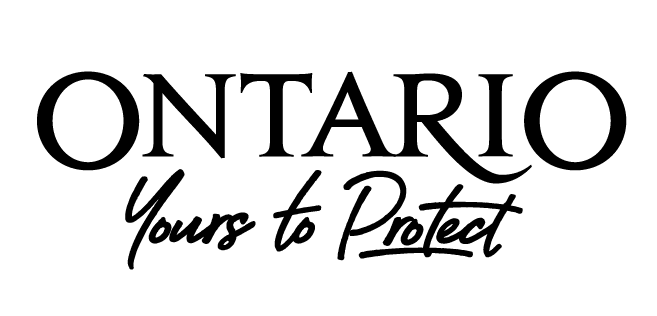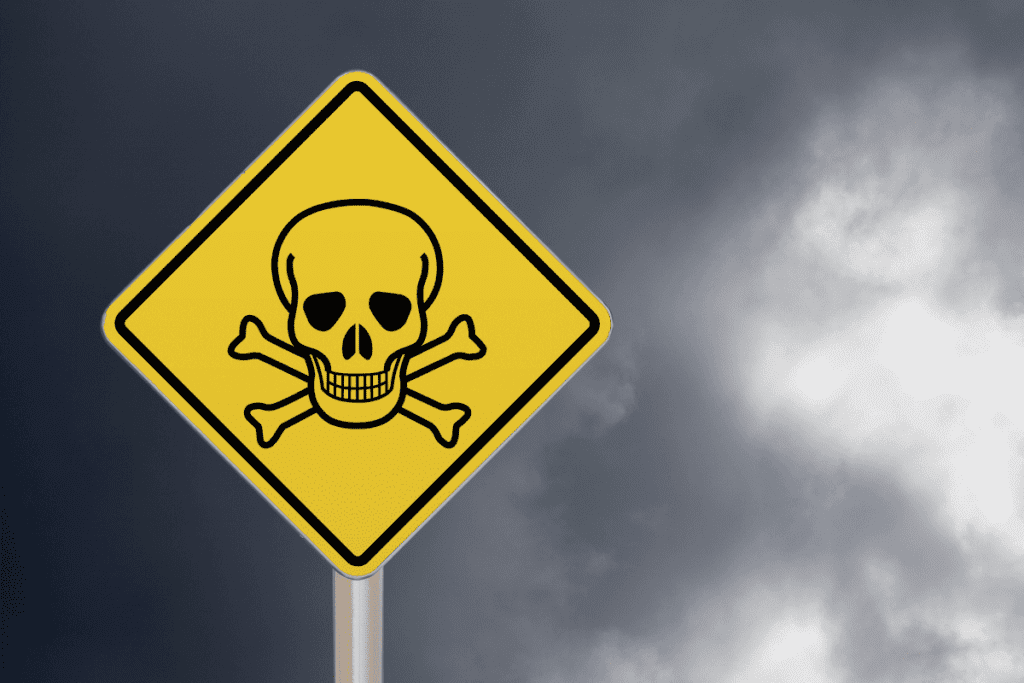Toxic chemicals aren’t just a concern for the environment, they also pose a threat to human health. The good news for Ontarians is that the provincial government has made a renewed commitment to taking action on toxics.
In recent years, there has been a lot of attention drawn to carcinogens and endocrine-disrupting chemicals, also known as hormone-disrupting chemicals, in common household items.
Some companies have moved to take toxic chemicals out of products, and the federal government is reviewing the safety of others under the auspices of the Chemicals Management Plan. But considering there are over 80,000 chemicals in commerce, more progress is needed to assess chemicals for safety, and remove harmful chemicals deemed harmful from our homes, and from the environment.
In the lead up to the 2014 provincial election, leading environmental groups asked political parties to comment on their positions on environmental issues, including toxic pollution and chemicals in products. The results of this survey were published online as a resource Ontarians could use to find out more about environmental platforms before voting.
With the election of a majority Liberal government led by Premier Kathleen Wynne, it is a good time to look back at the commitments made the party in the lead up to the election.
The Ontario government passed the Toxics Reduction Act (TRA) in 2009, a move that was applauded by Environmental Defence. This Act is meant to encourage businesses to substitute toxic chemicals with safer alternatives, and to track toxic pollution in the province of Ontario. In a response to the environmental groups’ election survey, Premier Wynne commented that her government would consider enacting a regulation under the TRA that would require companies to disclose if products contain a substance deemed toxic. This step would be similar to California’s Proposition 65, which requires that products have a warning label if they contain a substance known to cause cancer or birth defects.
This and other ‘Right to Know’ measures, such as disclosure of releases at industrial sites, would be supported by a broad coalition of groups concerned about human health and the environment. The Ontario Toxics Reduction Group, of which Environmental Defence is a member, recently submitted a letter to that effect to Premier Wynne. The signatories also include the Canadian Cancer Society (Ontario Division), Toronto Public Health, Ontario Public Health Association , Registered Nurses’ Association of Ontario, Toronto Cancer Prevention Coalition, the Canadian Environmental Law Association, Clean Production Action, Ecojustice, Toronto Environmental Alliance and Unifor.
With a broad coalition of supporters, and an urgent need to help Ontarians avoid exposure to substances linked to cancer and other health problems, the time is right for the provincial government to take action to implement new regulations under TURA to protect human health and the environment from harmful chemicals.









